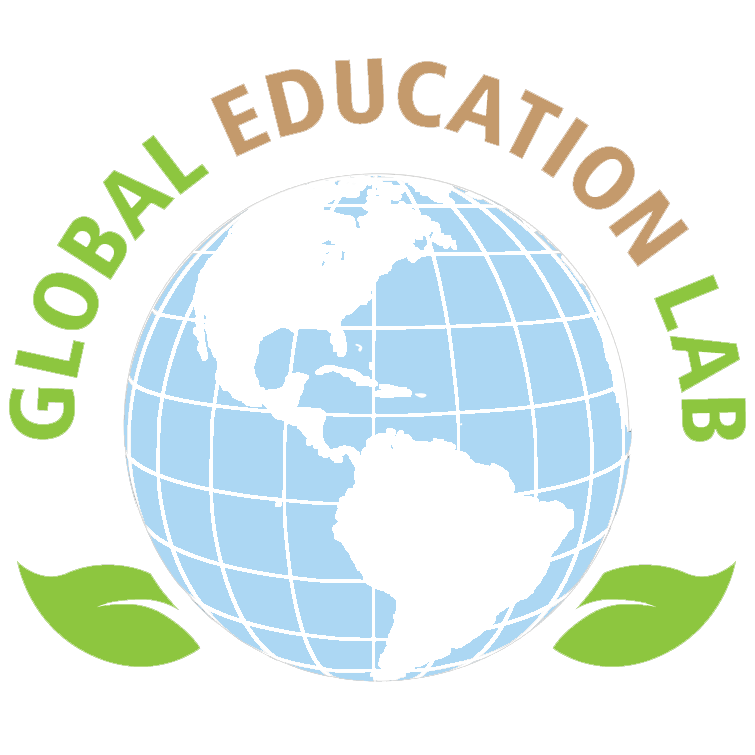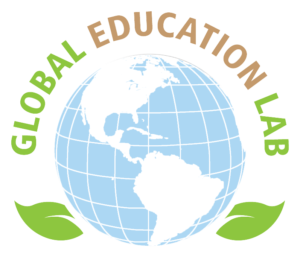The Global Education Lab is a collaborative effort of university faculty focused on advancing the scholarship related to globally integrated educational programs in food, agriculture, natural resources, and related sciences. Let us know how we can help you!
According to the Association of Public and Land Grant Universities (2009) college graduates in of Food, Agriculture, Natural Resources, and Related Sciences (FANRRS) must be prepared to enter a globalized work force. Grand, societal challenges, like those identified by the National Institute of Food and Agriculture (NIFA), are not bound by geo-political borders. Solving complex problems like: (a) global food security and hunger, (b) climate change, (c) sustainable energy, (d) childhood obesity, and (e) food safety will require the next generation of leaders in FANRRS to critically evaluate complex issues from a global perspective (APLU, 2009).
To that end, the National Research Council (2009) called for a transformation of the undergraduate curriculum to include “exposure to international perspectives, including targeted learning-abroad programs and international perspectives in existing courses” (p. 6). In response to the NRC’s challenge, the APLU (2009) made the following recommendations:
- At least 50 percent of students graduating from colleges of FANRRS will have an international experience.
- Enhance the global dimensions of the curricula by providing global experiences for faculty in FANRRS.
These are worthy educational goals; however the extent to which colleges of FANRRS and individual faculty are prepared and capable to do so is unclear. Implementing such activities will require considerable effort and resources, including faculty and student buy-in, faculty training, curricula reform, operating expenses, and administrative buy-in. Successfully globalizing the undergraduate experience will require the identification and dissemination best practices. Additionally, in today’s data-driven society, the long-term sustainability of these activities will require documented impacts.
Association of Public and Land Grant Universities. (2009). Human capacity development: The road to global competiveness and leadership in food, agriculture, natural resources, and related sciences (FANRRS). Washington, DC: Author.
National Research Council. (2009). Transforming agricultural education for a changing world.Washington, DC: National Academies Press.

